(or) Why “you’re own research” can prove anything
We live in a world where doubt is easy to come by. People question everything, from the shape of the Earth to the safety of vaccines. Sometimes, healthy skepticism is warranted. However, there’s a vast difference between critical thinking and falling down the rabbit hole of conspiracy theories.
The true danger of conspiracy theories lies in the lure of “independent research.” Proponents pride themselves on thinking outside the box, rejecting “official” narratives. But what does this independence truly mean? It’s not about uncovering hidden truths; it’s about abandoning the very systems designed to distinguish fact from fiction.
Conspiracy theorists operate outside the boundaries of peer review, academic rigor, and verifiable evidence. They replace these with fringe websites, self-proclaimed experts, and narratives built on suspicion instead of proof. This isn’t research; it’s confirmation bias masquerading as truth-seeking.
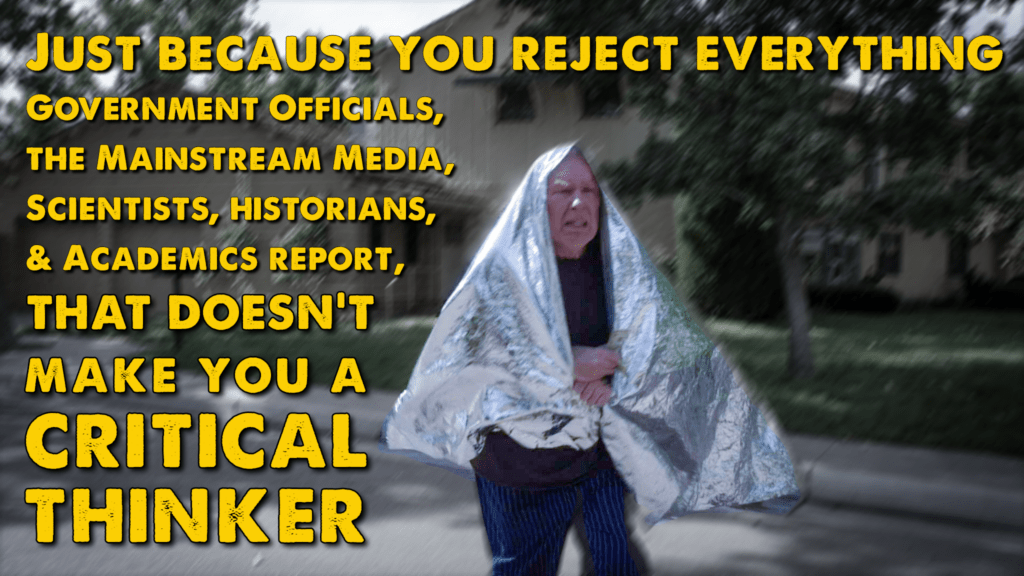
The problem isn’t a lack of information; it’s the rejection of reliable information altogether. It’s easy for CTers to spout off things like, “Science isn’t always right,” “History is written by the winners,” or, “You’re so stupid if you think the government tells you the truth.” But that doesn’t make their mentality of constant rejection a solution to these problems. When science makes a mistake, it’s corrected through further scientific inquiry and the scientific method . When history is biased, new historical perspectives emerge in academia to challenge them. When government officials mislead, journalists and whistleblowers, or prosecutors and others can hold people accountable, or at least stop them from going further. These systems, though imperfect, offer checks and balances that conspiracy theorists actively evade.
Conspiracy theorists may appear knowledgeable, but their knowledge is often a patchwork of half-truths and distortions. The ability to recite obscure facts does not equate to accuracy. True understanding requires context, scrutiny, and a willingness to be proven wrong.
Choosing to be misled by fringe sources is not an act of independence; it’s a surrender of critical thinking. The world is complex, and seeking answers is important. But the answers found in conspiracy theories are not just wrong; they’re fundamentally harmful.
Recommended reading: CIA Document 1035-960



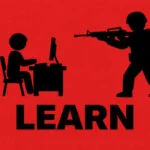


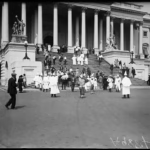

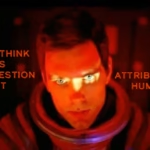

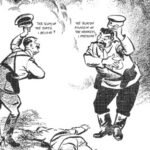
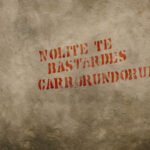

Leave a Reply